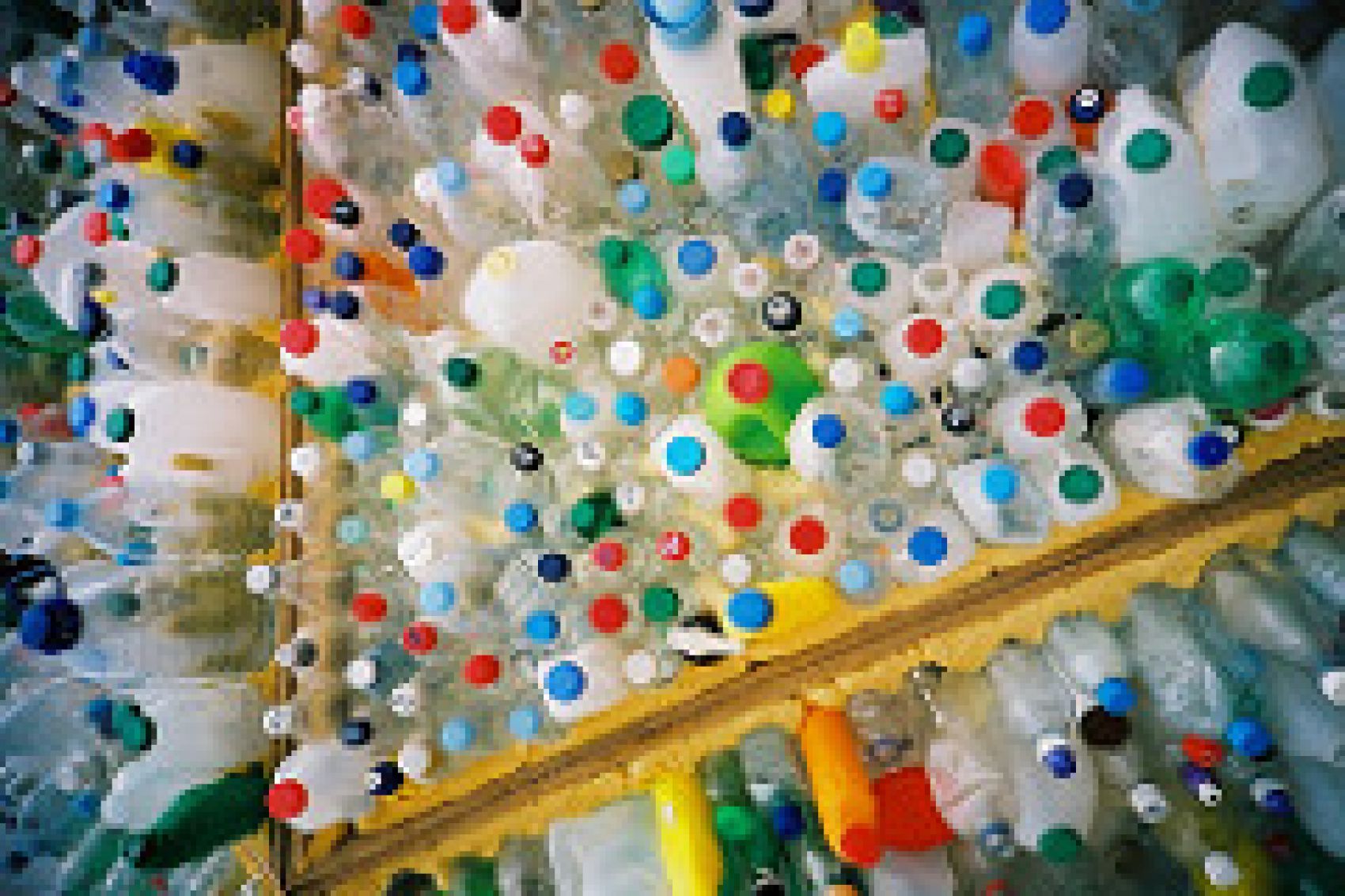The Millennium Development Goals and the post-2015 Agenda for Sustainable Development have drawn attention to the world’s 20 million recyclers. Given the international nature of these platforms, this attention will likely lead to local and national policies to bring them dignified living conditions and decent work for them, as well as recognition of the benefits of the work that they do and resolution of the problems caused by capitalism, social injustice and economic inequality.
Many recyclers like us were born and grew up— and some have died— in the dump sites of developing countries across the globe. Certainly, none of us 30 years ago would have imagined that our work would be a source of recognition instead of an object of contempt and rejection. Many families displaced by conflicts and massive layoffs in factories— including immigrants and poor people excluded from production systems and from the benefits of social and human development, with limited opportunities for decent life and work—were forced to take on this humble work, rummaging through piles of garbage looking for recyclable waste.
Garbage was paradise for millions of families of “waste pickers,” providing them with their daily food, blankets with which to cover themselves and the roofs of the shanties that they carved out for themselves in corners of the city. Even now, although they collect tonnes of materials that are recycled to produce new goods consumed by people throughout the world, regardless of social rank, many of today’s recyclers still find in the trash much of what they need to survive.
The increasing use of recycling in production activities opened the doors to a magical world where recyclers discovered the importance of their work and the need to change their relationships with society and the market. Recyclers began to demand that society recognize, acknowledge and support their work. Their first gains were in organization: Cooperatives and associations were set up to protect their work at the local level and were followed by the formation of networks for regional, continental and global action. These organizations have fought for and have achieved policies that promote recycling as a component of public sanitation services and that reallocate public budgets accordingly. As a consequence of the demands of the recyclers, who have become increasingly organized and have assumed a role in defining the rules to protect the environment and human needs, governments in many countries have developed measures that strengthen recycling.
The numbers on recycling are impressive: millions of tonnes of recycled materials and new products on the market, millions in profits and savings for businesses and the public treasury, livelihoods for millions of people, reduced demand for natural resources and millions of square meters of land not used for garbage disposal. However, many recyclers are still working informally and very little money generated reaches the pockets of these workers, who are at the lowest rung of the recycling chain.
Cooperatives and associations that have successfully shifted from individual negotiations to collective bargaining for the benefit of the entire trade have pushed negotiations further, obtaining better market prices and additional income from services and waste recycling. However, much remains to be done so that more recyclers in the world can, in addition to gaining a livelihood, provide education opportunities and new prospects for their children. The children of this new generation of recyclers will be able to choose, thanks to their parent’s work, between continuing in the family trade and entering another profession.
Leaders with vision are decisive in promoting policies and processes that benefit and recognize the Recyclers’ Trade Union and that draw attention to the value chain in order to strengthen its activity. Organizational, commercial and business processes around recycling are not easy; they require transparent and collaborative relationships as well as government support programmes, policy measures and markets. In sum, they require a comprehensive system that addresses many pillars that, while difficult to build, are essential for recyclers to grow and strengthen their role for the benefit of society as a whole.
The world is entering a new phase, and all societies, through its representative institutions such as governments and grassroots organizations, should take the responsibility of ensuring a path of social progress. This must be achieved in particular for the millions of people who still do not enjoy fundamental human rights and minimum living standards. Those without access to water and basic sanitation services— both of which should be provided as a public good and not as a private for-profit service— should have access to a clean environment, to decent work and to dignity. But above all, we need to work together to overcome poverty, inequality and inequity so that social development instruments in the world take into consideration the hopes of millions of families.
Nohra Padilla is the Director of the National Association of Recyclers (Colombia) and of the Association of Recyclers of Bogota. In 2013 she received the Goldman Environmental Prize. This blog entry is a special contribution made to the 2015 Human Development Report “Work for Human Development” Please see page 138 for original format.
Photo credit: Photo credit: Rob Sinclair/Creative Commons license
The HDialogue blog is a platform for debate and discussion. Posts reflect the views of respective authors in their individual capacities and not the views of UNDP/HDRO.
HDRO encourages reflections on the HDIalogue contributions. The office posts comments that supports a constructive dialogue on policy options for advancing human development and are formulated respectful of other, potentially differing views. The office reserves the right to contain contributions that appear divisive.


